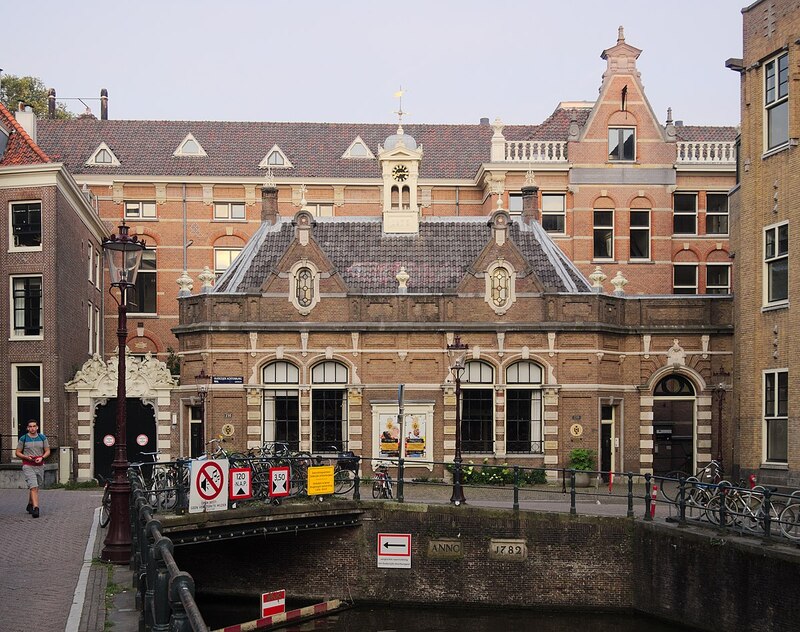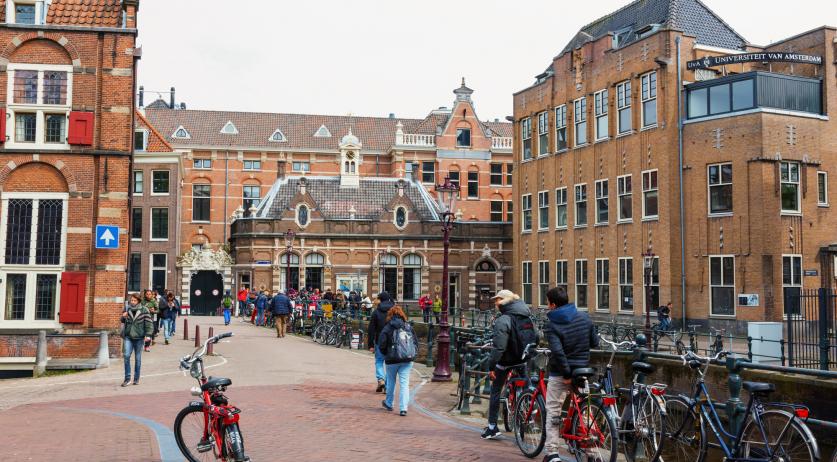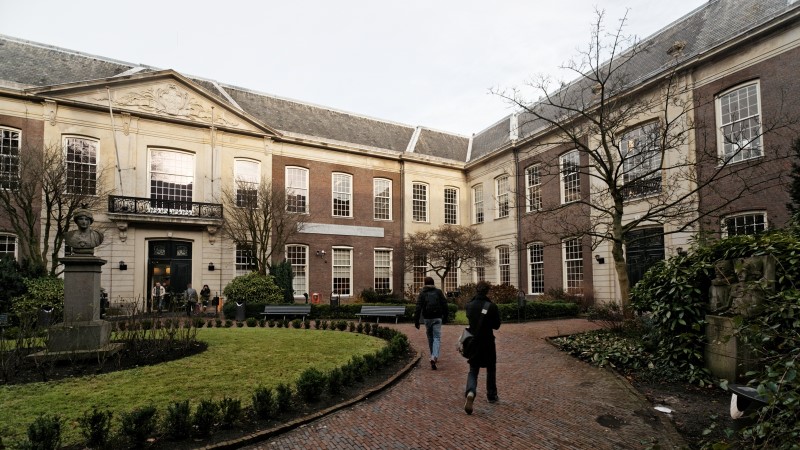YEAR 1
YEAR 2
YEAR 3
COURSES
SEMESTER 1
SEMESTER 2
EC
Sociological Theory 1: Social Interactions and Interdependencies
???studyprogramme .period??? 1
6
Introduction to Sociology
1—2
9
Sociology as Craft 1
1—2
3
Social Research Methodology
???studyprogramme .period??? 2
6
Introduction to statistics
???studyprogramme .period??? 3
6
Evolution of Humankind
???studyprogramme .period??? 4
3
Sociological Theory 2: Power, Culture, Identity
???studyprogramme .period??? 4
6
Sociology as Craft 2
4—5
6
Philosophy of social science
???studyprogramme .period??? 5
3
Sociology of institutions
???studyprogramme .period??? 5
6
Amsterdam Research Project
???studyprogramme .period??? 6
6
See more information in the online Course Catalogue
Additional options
In the third year, you have space to spend on subjects at another programme, an internship, study at a foreign university (exchange) or a minor (a part you spend on another subject).
Honours programme
If you are ambitious, you can choose to take part in our Honours and Talent Programme (HTP). You’ll take the HTP alongside your regular studies. You will be introduced to scientific research in an original way through a challenging package of in-depth or broadening courses. If you are up to it, then it's an opportunity not to be missed!
Exchange
International collaboration is crucial for science. The UvA has partnerships with over ninety universities worldwide. In your third year you have the possibility to study at one of these universities during an international exchange semester.
Electives
There are various opportunities during the Bachelor’s programme for you to shape your programme to your liking. You can gain 30 elective study credits with courses that are part of another Bachelor’s programme at the UvA.
Or you can choose a minor lasting half a year (30 credits) taken outside your own degree programme. You could choose a minor in Communication Science or Entrepreneurship, for example.
More information about studying abroad
Workload
The workload is 40 hours per week.
Lectures and tutorial groups: approximately 14 hours per week (later on in the programme, the number of contact hours decreases)
Self-study: 26 hours per week (reading literature, doing research and writing papers and essays)
Show less










